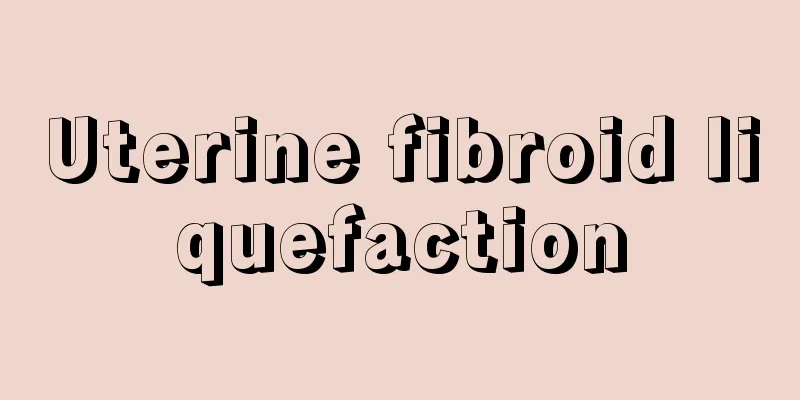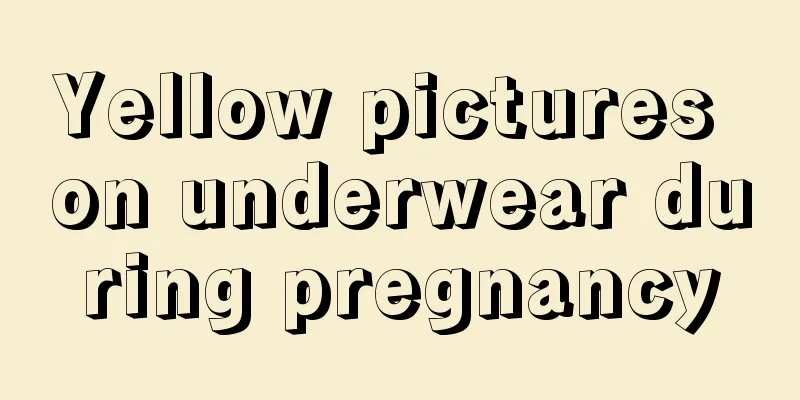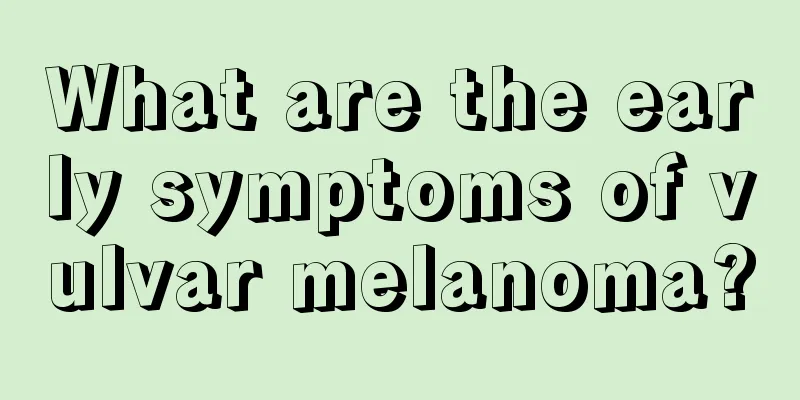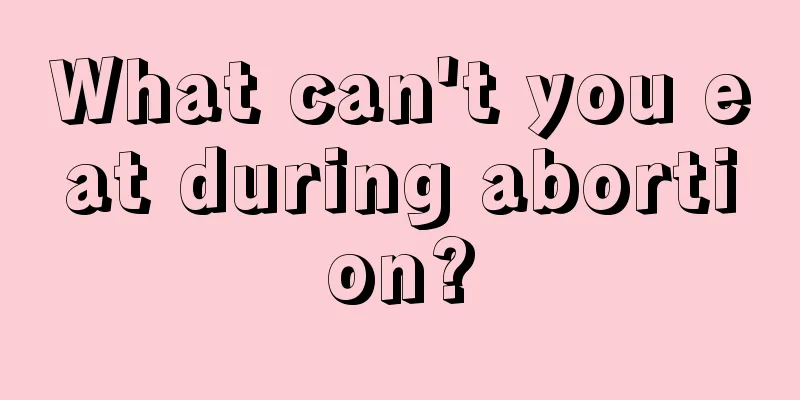Uterine fibroid liquefaction

|
In fact, most of the time, uterine fibroids inside a woman's uterus are benign tumors, so you don't have to worry too much when you find that you have uterine fibroids. However, some severe uterine fibroids can damage women's fertility. Therefore, when uterine fibroids are found, they should be controlled with medication. When uterine fibroids develop to the later stage, uterine fibroids may liquefy. What is going on? Is uterine fibroid liquefaction serious? Uterine fibroid liquefaction is a relatively common condition. If female friends find that their uterine fibroids have liquefaction, there is no need to make a fuss. This situation is not a sign of worsening disease. What to do if uterine fibroids liquefy What should be done can be determined based on the patient's specific situation. 1. If the patient is older and close to menopause, then no measures need to be taken. Just wait for the menopause to come. After menopause, the estrogen that uterine fibroids rely on for survival will drop significantly, and the uterine fibroids will shrink automatically. 2. If a woman is still very far away from menopause, she can actively observe uterine fibroids. If the uterine fibroids do not grow obviously and the symptoms are not significant, then there is no need to take any measures. 3. If the uterine fibroids grow rapidly and the symptoms are obvious, then necessary treatment measures need to be taken. If the uterine fibroids are relatively small, they can be treated with medication. 4. If the uterine fibroids are relatively large, surgical removal can be performed. The dangers of uterine fibroids in women 1. Anemia. Uterine fibroids can cause increased menstruation and prolonged menstrual periods. Long-term conditions can cause secondary anemia. In severe cases, patients may even experience symptoms such as pale complexion, general fatigue, or palpitations and shortness of breath, affecting their physical health. 2. Infertility and miscarriage. Large uterine fibroids can cause the uterine cavity to deform, and the uterine fibroid tissue in the uterine corners can compress the entrance of the fallopian tubes, which can affect the implantation of the fertilized egg and ultimately cause infertility. Even if a woman becomes pregnant, she may easily suffer a miscarriage. 3. Pain. Generally speaking, uterine fibroids do not cause pain, but some patients will experience symptoms such as lower abdominal distension, back pain, etc. In addition, red degeneration of uterine fibroids and pedicle torsion of subserosal uterine fibroids can cause acute abdominal pain. 4. Uterine bleeding. Many patients with submucosal uterine fibroids and intramural uterine fibroids will experience uterine bleeding, among which cyclical bleeding is more common, mainly manifested by increased menstrual volume and prolonged menstrual period. |
<<: What to check after half a month of abortion
>>: Bleeding after taking birth control pills for half a month
Recommend
Why does my genitals sweat frequently?
As the pressure on women increases, many gynecolo...
When to take Yasmin
The taking of emergency contraception is differen...
Etiquette: Wearing high heels hurts your feet so much that you cry
The hotel's etiquette ladies wear high heels ...
Preventive care for diarrhea during the seventh month of pregnancy
In fact, in daily life, if you are pregnant, you ...
How long does it take to recover from cervical cyst surgery?
Cervical cyst is a very common cervical disease a...
How to deal with acne during pregnancy
After pregnancy, many women have a lot of acne on...
The three sensitive areas on a woman's body
Lying in the arms of a woman, a man will use his ...
Is zucchini pancake delicious? How to make zucchini pancake delicious
Usually everyone likes to eat zucchini cold or st...
It was revealed that odor enhancers were used, and the supervisors were fumigated with "masks of pain". Has the snail noodle also "collapsed"?
In recent years, a "notorious" internet...
What are the symptoms of immune infertility?
There are still many reasons for infertility. If ...
Can I eat Fritillaria cirrhosa during menstruation?
Menstruation is a physiological reaction, so it i...
What causes the umbilical cord around the neck?
The fetus is restless in the mother's belly, ...
Can early breast cancer be cured?
Everyone will pale when hearing the word breast c...
Pregnant women want to eat spicy food
It is best not to eat spicy strips when you are p...
Bleeding without abdominal pain in 5 months of pregnancy
The arrival of a baby often brings happiness to t...









